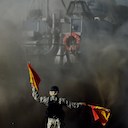
Coexistence or Carnage
If the conflicts of interest are real, and the stakes are felt to be high enough, then war between the United States and China is a real possibility, and our foreign policy must be oriented toward avoiding it.


If the conflicts of interest are real, and the stakes are felt to be high enough, then war between the United States and China is a real possibility, and our foreign policy must be oriented toward avoiding it.
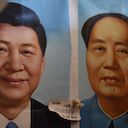
Mao and Xi’s historical projects couldn’t be more different, and it is high time to move beyond the bad history that conflates them.
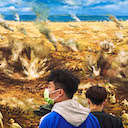
Cold War metaphors have crept into the public discourse about Taiwan. These analogies mislead more than they illuminate.

For those whose hyphenated identities straddle a divided world, life is a series of compromises.
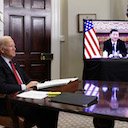
American rhetoric during the first Cold War relied on an idealized image of U.S. institutions. Today, political elites are more likely to emphasize their vulnerability.
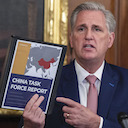
Anti-China politics are providing cover for xenophobic and anti-democratic forces in the United States.

Six short pieces on conflict between China and the United States, from Tobita Chow, Patrick Iber, Yangyang Cheng, Brian Hioe, Rebecca E. Karl, and Ted Fertik.

Commemorations in Derry were a reminder that all of the issues at the heart of the Irish struggle for freedom against the British state remain very much alive.

Why is China’s internet industry putting an end to the grueling schedules that have fueled so much of its growth?

The story of how William F. Buckley Jr. defied expectations and showed mercy to a death-row prisoner.

Global economic sanctions have shocked the Russian economy. But can they halt Russian aggression?
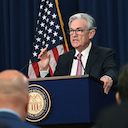
Economist J.W. Mason joins the podcast to talk about inflation and how to organize around price increases.

We cannot know how Ukraine will develop after the war. But we know there will be horrible consequences if Russia wins.
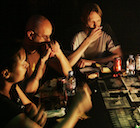
The Christian right fought a long war against Dungeons & Dragons. With the role-playing game poised for superstardom, there may once again exist a temptation to bestow it with powers it doesn’t really possess.
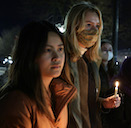
The movement for abortion rights has made missteps. But abortion-rights advocates wouldn’t have had such a lonely battle with such imperfect choices had anyone else inserted themselves into the fray.